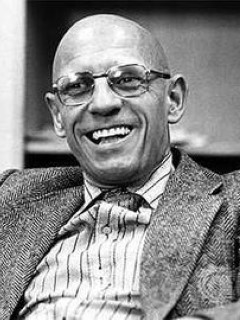
Publication details
Publisher: Springer
Place: Berlin
Year: 2000
Pages: 203-222
Series: Contributions to Phenomenology
ISBN (Hardback): 9789048155811
Full citation:
, "Times squared", in: The many faces of time, Berlin, Springer, 2000


Times squared
historical time in Sartre and Foucault
pp. 203-222
in: John Brough, Lester Embree (eds), The many faces of time, Berlin, Springer, 2000Abstract
This is not about the "life and times" of either philosopher, though it is about their "times." Anyone familiar with the work of Foucault knows that such a foray into intellectual history would be inappropriate. Rather, I wish to examine what each has to say about the nature of time, especially about historical time. Both were historians of a sort, the one psychoanalytic and sociological (Sartre) and the other archaeological and genealogical (Foucault), and each expressed a distinctive understanding of historical temporality. Sartrean time is progressive and moral while that of Foucault is noncumulative and comparative. In fact, I shall argue that the latter is spatialized ("squared," if you will) in a sense that resists Hegelian-Marxist dialectic and forces us to view "history" from a unique perspective. Our examination of what these distinctive and seemingly contradictory positions reveal about the nature of history will also help to elucidate the phenomenological heritage of each.
Cited authors
Publication details
Publisher: Springer
Place: Berlin
Year: 2000
Pages: 203-222
Series: Contributions to Phenomenology
ISBN (Hardback): 9789048155811
Full citation:
, "Times squared", in: The many faces of time, Berlin, Springer, 2000


